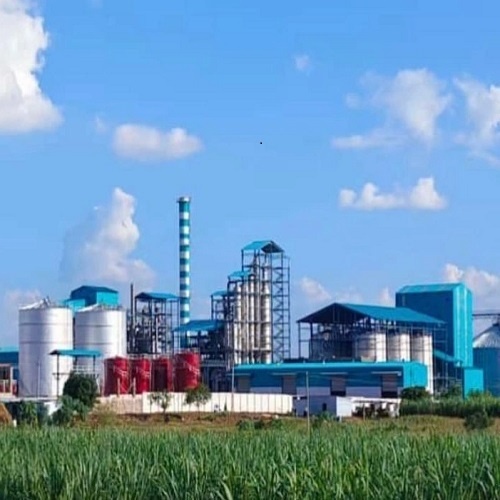Summit Next Gen, a subsidiary of Iowa-based Summit Agricultural Group, has announced plans to build the world’s largest ethanol-to-jet (ETJ) sustainable aviation fuel (SAF) facility at the Houston Ship Channel in Texas. The 60-acre plant will play a key role in providing a large-scale, low-carbon alternative to traditional jet fuel for the aviation industry.
It features a provision to purchase another 40 acres as demand for SAF increases concerning future expansions within the project. Global aviation burns over 100 billion gallons of jet fuel annually, a number that is anticipated to double in the next two decades as demand for air travel continues to grow — and all while governments, businesses and consumers are applying more pressure on the industry for genuine low-carbon solutions. Yet the bottleneck of current SAF production is that an affordable supply of feedstocks—primarily vegetable oils or animal fats—is in short supply.
To tackle this challenge, the new Summit Next Gen facility is set to produce up to 250 million annual gallons of SAF. The plant will use Honeywell’s ETJ technology to convert low-carbon ethanol–made from corn, sugar and cellulosic materials–into jet fuel. The process is expected to cut greenhouse gas emissions by up to 80% relative to conventional jet fuel, according to the ethanol source.
Honeywell will also supply the equipment and technical services plus support for the plant, which will be “configurable to lower installation costs and accelerate production through off-site modularization.” Summit Next Gen aims to take its final investment decision (FID) around mid-2025 and for operations to start in 2027.
This development comes as the aviation industry continues to pursue decarbonization goals. In 2021, the Biden administration launched the SAF Grand Challenge, aiming to produce at least three billion gallons of SAF per year by 2030 and eventually supply 100% of the U.S. aviation sector’s fuel needs with SAF by 2050. The European Council has also set targets to increase the use of sustainable fuels at EU airports to 70% by 2050 under its ReFuelEU Aviation initiative.
The growing demand for SAF is further supported by policies like the Inflation Reduction Act, which seeks to promote alternative fuel sources. SAF, nearly identical to conventional jet fuel, can be used as a drop-in replacement in current aircraft engines without modifications, with current blends allowing up to 50% SAF.












